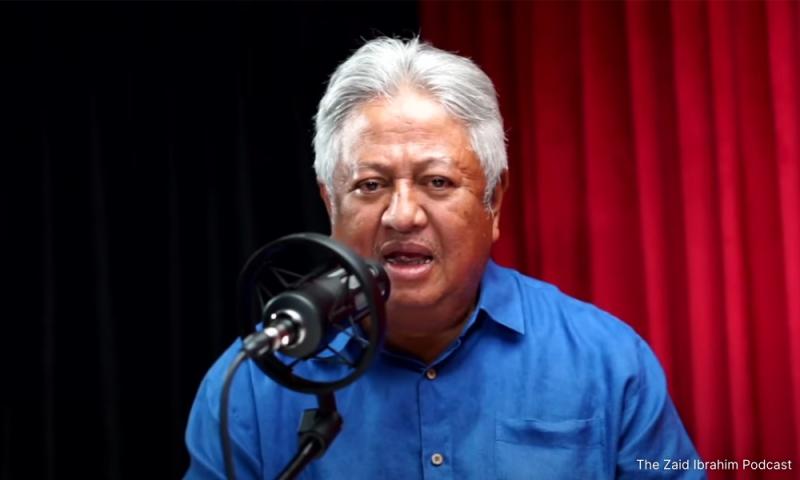I refer to the report Anwar conveys request for meeting with Pak Lah .
There is really no necessity for Anwar Ibrahim to thank the prime minister for restoring the independence of the judiciary. No one, other than the members of the judiciary themselves, can restore the independence of the judiciary - that is, if there is a need for any restoration.
Judges, once appointed, must not only live out and act out this independence but must also be seen to be independent. The judiciary becomes 'non-independent' if it allows itself to be affected or be influenced by threats, promises and gifts from others.
Judges cannot and should not blame the PM, the executive or any other third party if they themselves have succumbed to either fear, desires of gain, external pressures or other reasons resulting in them acting and dispensing justice in a bias manner.
Our Federal Constitution has got the necessary safeguards to ensure this independence. Once appointed, a judge cannot simply be sacked or removed from office. His salary is fixed and guaranteed. His tenure is certain.
As such all that is needed is of a good judge is for him to be true to his office and to behave independently in meting out justice whilst being guided by a sense of fairplay, equity and human rights.
In 1988, the Malaysian judiciary was subjected to what may have been its most challenging test of independence. For me, it was most encouraging when the Supreme Court demonstrated at that time its guts and independence and performed remarkably in meeting the crisis.
But alas, many of those good judges were removed thereafter. These Supreme Court judges, who acted without fear or favour, will always be respected by all justice and human rights-loving Malaysians. Nevertheless, the 1988 crisis also revealed that many other judges lacked what it took to be a good judge.
More than 15 years have passed since 1988, and many are still hoping for the re-emergence of a truly independent and respected Malaysian judiciary as we did once have, and hopefully this wait will not be too long.
To assist in this 're-emergence", there is a need to review the current method of choosing and also elevating judges.
The practice of having probationary judges (for that is what today's judicial commissioners really are) has got to be reviewed ... no, it has to be gotten rid off completely. There should be no probation for judges in whatever form.
A suitable and qualified person should be appointed as a judge immediately, and given the full benefit of all the normal safeguards which are internationally acknowledged as important in ensuring an independent judiciary.
Here, the prime minister and the legislature can, and must, act to repeal some of the amendments to the Federal Constitution brought in during the Mahathir era which affected the powers and the independence of the judiciary.
If he is serious about reform, Prime Minister Abdullah Ahmad Badawi could also remove the excessive powers now vested in one man, the prime minister, with regards to the appointment and removal of judges.
He could transfer this power to possibly the legislature or some other independent body of persons. But sadly, after more than one year in office, Abdullah has yet to broach the subject constitutional amendments with the aim of strengthening the Malaysian judiciary and removing the PM's excessive powers.
Judges must never forget the role and function of their office, and must do all things necessary to ensure that they are not only independent but also seen to be independent by all people. If they cannot be independent or are 'prevented' from being independent, then they must resign.
Judges should not allow themselves to becoming mere puppets under the control and guidance of a puppet-master (whoever that may be), and if that happens, and they do not or cannot resist such interference and control, then again, the only choice they have is to resign.
Blame for a judiciary that lacks independence must lie with judges themselves, and likewise praise for an independent judiciary must also go to its judges.




